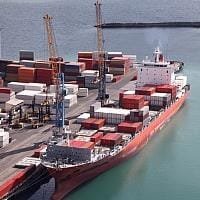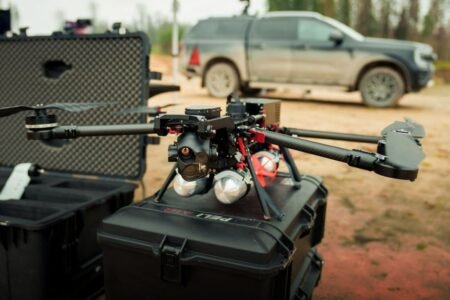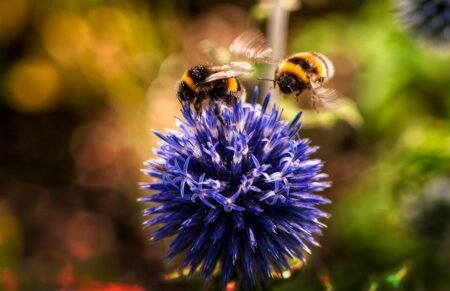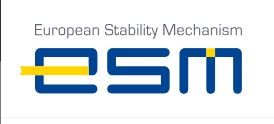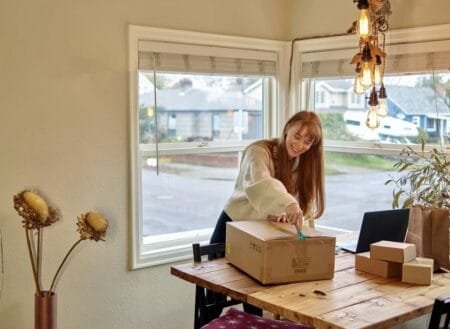(BRUSSELS) – The EU and the Mercosur trading bloc comprising Argentina, Brazil Paraguay and Uruguay reached a political agreement on Friday on a comprehensive trade deal – the largest the EU has ever concluded.
The new trade framework creates a market of 780 million people, and could provide big opportunities for EU businesses and workers in countries with whom the EU has strong historical links but whose markets have been relatively closed up to now. According to the European Commission, the agreement will save European companies over EUR 4 billion in duties at the borders.
The EU executive says the deal represents ‘a clear commitment from both regions to rules based international trade’. It says it will give European companies an important head start into a market with an enormous economic potential, as well as ‘anchor important economic reforms and modernisation undergoing in Mercosur countries’.
Key concerns such as food safety standards and consumer protection are upheld, adds the Commission, as well as the precautionary principle for food safety and environmental rules and contains specific commitments on labour rights and environmental protection, including the implementation of the Paris climate agreement and related enforcement rules.
The agreement was hailed by the Commission as historic. “In the midst of international trade tensions, we are sending today a strong signal with our Mercosur partners that we stand for rules-based trade,” said Commission chief Jean-Claude Juncker: ” Through this trade pact, Mercosur countries have decided to open up their markets to the EU. This is obviously great news for companies, workers and the economy on both sides of the Atlantic, saving over 4 billion worth of duties per year.”
Main features of the EU-Mercosur trade agreement
The EU-Mercosur region-to-region agreement will remove the majority of tariffs on EU exports to Mercosur, making EU companies more competitive by saving them 4 billion worth of duties per year.
- As regards EU industrial sectors, this will help boost exports of EU products that have so far been facing high and sometimes prohibitive tariffs. Those include cars (tariff of 35%), car parts (14-18%), machinery (14-20%), chemicals (up to 18%), pharmaceuticals (up to 14%), clothing and footwear (35%) or knitted fabrics (26%).
- The EU agri-food sector will benefit from slashing existing Mercosur high tariffs on EU export products, chocolates and confectionery (20%), wines (27%), spirits (20 to 35%), and soft drinks (20 to 35%). The agreement will also provide duty-free access subject to quotas for EU dairy products (currently 28% tariff), notably for cheeses.
Mercosur countries will also put in place legal guarantees protecting from imitation 357 high-quality European food and drink products recognised as Geographical Indications (GIs), such as Tiroler Speck (Austria), Fromage de Herve (Belgique), Münchener Bier (Germany), Comté (France), Prosciutto di Parma (Italy), Polska Wódka (Poland), Queijo S. Jorge (Portugal), Tokaji (Hungary) or Jabugo (Spain).
The agreement will open up new business opportunities in Mercosur for EU companies selling under government contracts, and to service suppliers in the information technology, telecommunications and transport sectors, among others. It will simplify border checks, cut red tape and limit the use of export taxes by Mercosur countries. Smaller companies on both sides will also benefit thanks to a new online platform providing easy access to all relevant information.
While delivering significant economic benefits, the agreement also promotes high standards. The EU and Mercosur commit to effectively implement the Paris Climate Agreement. A dedicated sustainable development chapter will cover issues such as sustainable management and conservation of forests, respect for labour rights and promotion of responsible business conduct. It also offers civil society organisations an active role to overview the implementation of the agreement, including any human rights, social or environmental concerns. The agreement will also provide for a new forum to work closely together on a more sustainable approach to agriculture and, as part of the political dialogue under the Association Agreement, address the rights of indigenous communities. The agreement also safeguards the EU and Mercosur’s right to regulate in the public interest and preserves the right to organise public services in the way they consider appropriate.
EU food safety standards will remain unchanged and all imports will have to comply with the EU’s rigorous standards, as is the case today. The agreed food safety, and animal and plant health provisions will reinforce cooperation with the authorities of the partner countries and speed up the flow of information about any potential risks through a more direct and efficient information and notification system. In this way, the agreement will increase our efficiency in ensuring the safety of the products traded between the EU and Mercosur countries.
The trade agreement is part of a comprehensive new Association Agreement under negotiation between the EU and Mercosur countries. It is composed of a political and cooperation pillar on which negotiators already reached a general agreement in June 2018 in Montevideo and the trade pillar. Beyond trade, the agreement will enhance political dialogue and increase cooperation in areas such as migration, digital economy, research and education, human rights, including the rights of indigenous people, corporate and social responsibility, environment protection, ocean governance, as well as fight against terrorism, money laundering and cybercrime. It will also offer increased possibilities for cooperation at multilateral level. The Association Agreement will complete the network of Association Agreements in the Americas and consolidate the relations with the important partners in the region, supporting EU positions on many global issues.
Both sides will now perform a legal revision of the agreed text to come up with the final version of the Association Agreement and all its trade aspects. The Commission will then translate it into all official EU languages and submit the Association Agreement to EU Member States and the European Parliament for approval.
Key elements of the EU-Mercosur trade agreement - background guide


